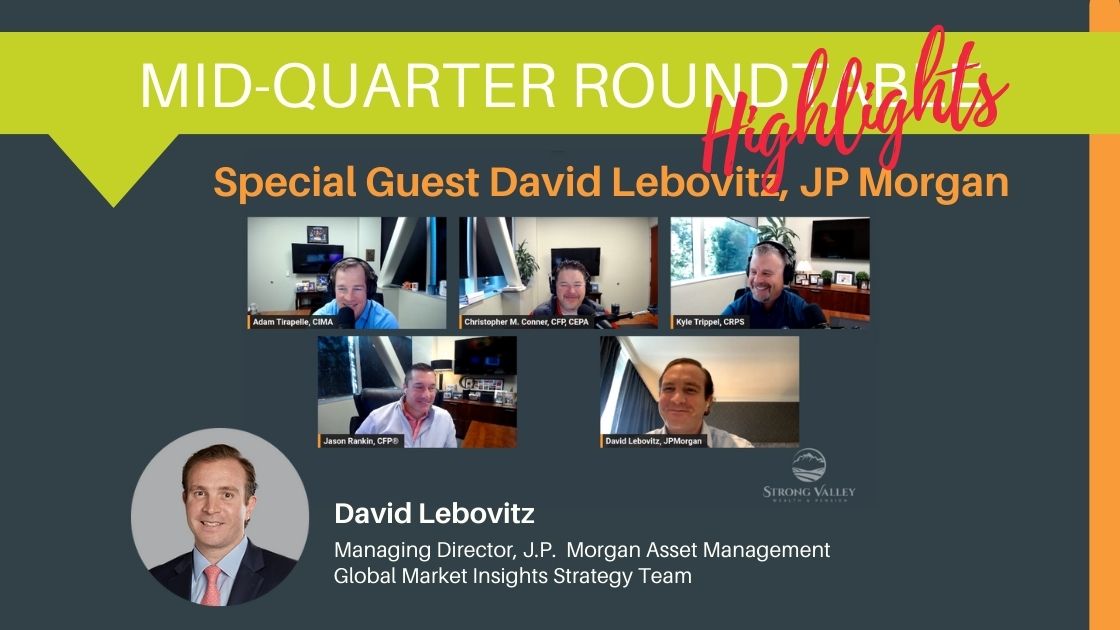You are now leaving the Strong Valley Wealth & Pension, LLC ("Strong Valley") website. By clicking on the "Schwab Alliance Access" link below you will be entering the Charles Schwab & Co., Inc. (“Schwab”) Website. Schwab is a registered broker-dealer, and is not affiliated with Strong Valley or any advisor(s) whose name(s) appears on this Website. Strong Valley is/are independently owned and operated. Schwab neither endorses nor recommends Strong Valley. Regardless of any referral or recommendation, Schwab does not endorse or recommend the investment strategy of any advisor. Schwab has agreements with Strong Valley under which Schwab provides Strong Valley with services related to your account. Schwab does not review the Strong Valley website(s), and makes no representation regarding the content of the Website(s). The information contained in the Strong Valley website should not be considered to be either a recommendation by Schwab or a solicitation of any offer to purchase or sell any securities.

Estate planning isn’t just for the affluent or depend on who is President. A properly structured estate plan is necessary if you wish to direct the distribution of your assets during your lifetime and after your death, as well as choose guardianship for your dependents.

Many people postpone the planning of their estates because they assume that estate planning is only for the affluent. Others may think that estate planning is similar to tax planning, which can always be done “later.” In some cases, estate planning may be put on the back burner because it is a reminder of one’s own mortality.
But, a properly structured estate plan is necessary if you wish to direct the distribution of your assets during your lifetime and after your death, as well as choose guardians for your minor children or plan future care for other dependents.
First, start thinking about assembling your professional estate planning team. This initial step may be difficult due to having to share your personal thoughts, fears, wishes, and financial information with others. Therefore, it can be helpful to start with your trusted financial advisor. Certainly, your attorney will play an instrumental role in preparing any necessary legal documents. Generally, the size and complexity of your estate will dictate the complexity of the estate planning team and process.
Initially, your estate planning team will focus on your current financial status to better assess where you stand today in order to optimally plan for the future. Consequently, you will need to gather all the necessary documents detailing current and future income, property ownership, insurance, and established legal arrangements.
The following list contains some of the information you will be asked to provide:
A complete analysis can begin once you have gathered this information, which will allow you to take a closer look at your family’s needs. You may want to consider the following questions:
The careful planning of an estate requires you to share personal and financial information with one or more professional advisors. This information provides your estate planning team with the necessary tools to design an estate plan that will help to fulfill your specific goals and wishes for asset control and distribution.
Once you have created your estate plan, remember, as your circumstances change over time, your estate plan may need to change, as well.
Regular reviews can help ensure that your estate plan is on track to meet your current and future objectives.



